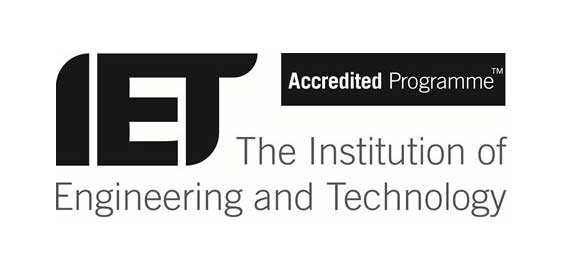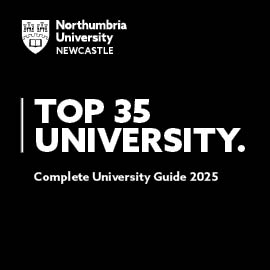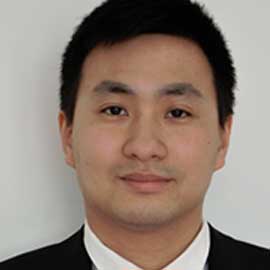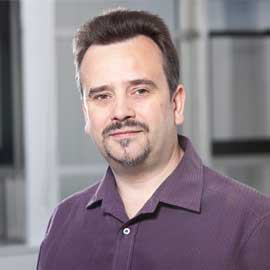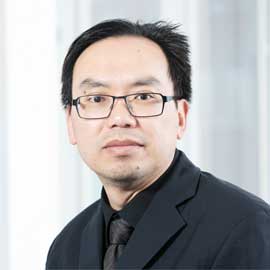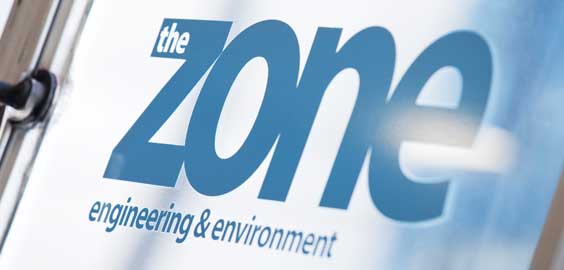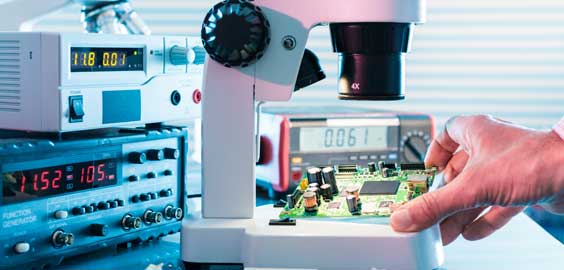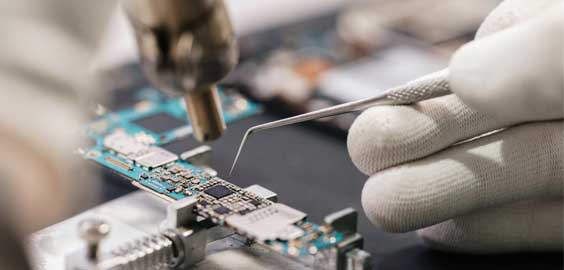The module will provide you with the knowledge and skills in system design around two key themes of optical fibre and optical wireless communications. These are essential topics for modern telecommunications and cover advanced optical system designs as well as including industrial standards in both fibre and wireless systems. Optical fibre communications provides the backbone long-haul and medium range telecommunications that offers ultrahigh data transmission capacity whereas optical wireless communications is an emerging technology. This technology enables data transmission, either in the infrared or visible light bands, employing lasers or light emitting diodes (LED) for indoor and short range communications system.
The module syllabus covers the technical analysis of optical fibre and wireless communications both at a system and sub-system level. Performance calculations and design considerations are covered, specifically in the areas of optical transmitters and receivers, Careful examination of performance limiters will be defined and methods to offset them will be explored and analysed for optimum design. These limiters include such effects as modulation, noise, dispersion, modal transmission, multipath effects, diffusion, fog, turbulence, smoke etc.
System performance is developed and explored to maximise the capability of a communication channel covering such aspects as link budgets, multiplexing techniques, BER analysis etc. allowing the performance criteria being characterised to meet a system specification
With these developed skills and knowledge you will be able to undertake the design and analysis of a complex optical communication system, making judicial choices and improvements.
More information
 Option for Placement Year
Option for Placement Year Option for Study Abroad
Option for Study Abroad

